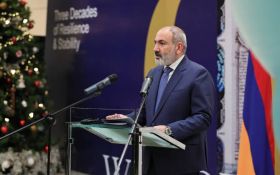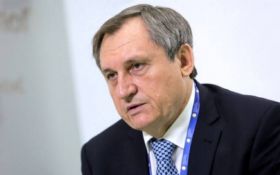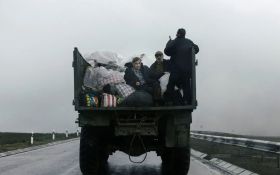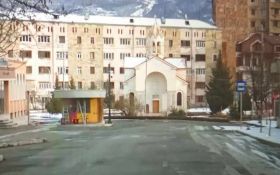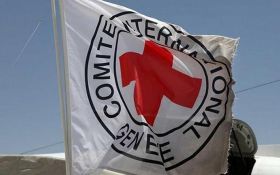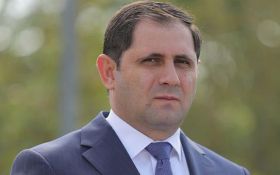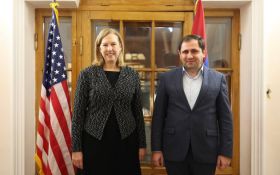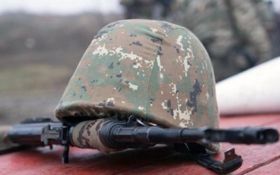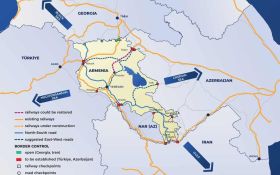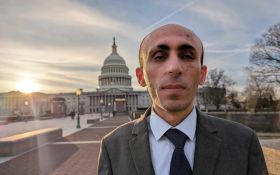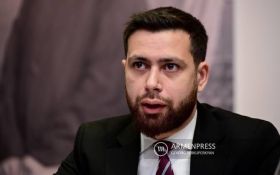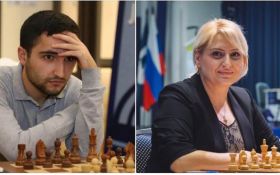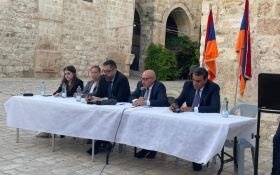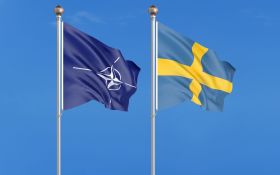If US diplomacy finds effective means of pressing Baku into restraining its militant rhetoric, it could reduce tension in the conflict zone, Russian political scientist Alexander Krylov told Tert.am as he commented on the discussions on the Nagorno-Karabakh conflict behind closed doors by the Committee on Foreign Affairs, US House of Representatives.
Large-scale war quite a gamble for Azerbaijan’s leadership: Alexander Krylov
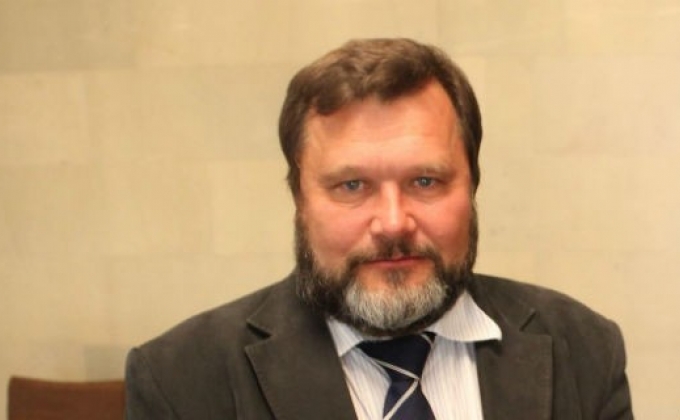
STEPANAKERT, JANUARY 15, ARTSAKHPRESS: If words are no followed by deeds, no influence on the situation should be expected.
Mr Krylov, summing up the results of the latest Armenian-Azerbaijani presidential meeting, Azerbaijani President Ilham Aliyev stated that 2015 saw no progress in the Nagorno-Karabakh peace process. According to him, the meeting was a formal one. What’s your opinion of Mr Aliyev’s confession?
The statement is evidence of the Azerbaijani president explaining the stalemated negotiations by the positions of Armenia and of the mediators. According to him, Armenia must accept Azerbaijan’s conditions, that is, letting Baku re-establish control over Nagorno-Karabakh and the security zone without any security guarantees or political status. It actually means total capitulation and coming under the yoke. According to the statement, such developments are expected to be the result of the mediators’ pressure on the “occupant.” Azerbaijan’s pessimism is the result of its failing to understand the essence of the negotiations. The international mediators’ functions and mandate do not imply their pressing one of the conflicting parties into capitulating to the other. The mediators must arrange the negotiations for the conflicting parties themselves to find a mutually acceptable solution to the conflict and guarantee respect for the solution after they have found it. The reason for Azerbaijan’s disappointment is its failing to understand the essence of the negotiations, which are aimed at a peaceful and compromise-based solution to the problem.
Armenian experts say that Aliyev’s statement implies he does not see a peaceful solution. Do you share this opinion, given Azerbaijan’s aggressive policy on the frontline?
The aim of Azerbaijani leadership’s policy is Armenia’s total capitulation by means of all-round pressure on it. One of the forms of this pressure is maintaining constant tensions on the Line of Contact. A peaceful settlement for Baku is Armenia’s total capitulation and re-establishing control over all the territories that were part of Soviet Azerbaijan and lost after the USSR’s disintegration. Armenia will hardly accept Baku-offered scenario without Azerbaijan’s army gaining victory in a new war. Under the circumstances, however, such a war would be quite a gamble for Azerbaijan’s leadership.
The Committee on Foreign Affairs, US House of Representatives, held a discussion on the Nagorno-Karabakh conflict and on the situation on the Line of Contact behind closed doors. Committee Chairman Ed Royce presided over the discussion. He was severely critical of ceasefire violations by Azerbaijan. He stated that the US is seeking to reduce tensions in the Nagorno-Karabakh conflict zone. How could it influence the peace process?
This activity appears to be more adequate than the previous numerous statements on a settlement of the Nagorno-Karabakh problem in the near future made by many US representatives. However, such criticism against the conflicting party that is escalating the situation and undermining prospects for a peaceful settlement could have a positive effect provided words are followed by deeds. If US diplomacy finds effective means of pressing Baku into restraining its militant rhetoric, it could reduce tension in the conflict zone. But mere words will not influence the situation.




